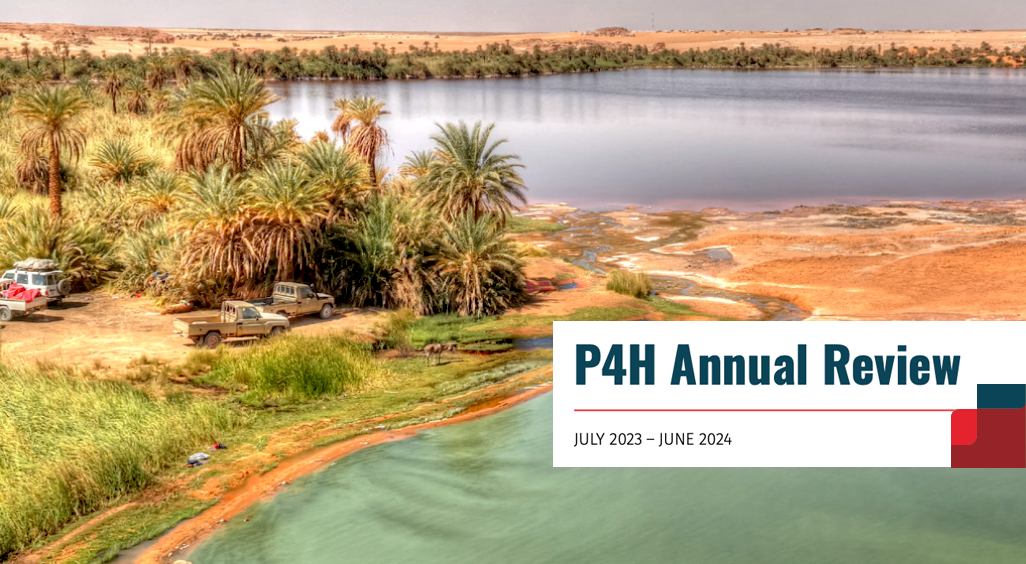The Asian Development Bank (ADB) explores the transformative potential of digital technologies in strengthening health financing systems in its report, Evolving Arena of Adopting Innovative Digital Technologies to Enhance Health Financing Systems. Achieving universal...
Health Financing Progress Matrix Assessment, Jordan 2024
This report presents the findings of the Health Financing Progress Matrix assessment for Jordan, highlighting the strengths and weaknesses of its health financing policies in relation to global standards. It identifies key priorities, such as addressing fragmentation...
Germany: health system summary 2024
Germany’s health system is decentralized, with compulsory statutory health insurance (SHI) covering 89% of the population and substitutive private health insurance (PHI) covering about 11%, offering comparable or better benefits. In 2022, Germany spent 12.7% of GDP on...
Role of social protection in reducing the burden of public health and social measures during the COVID-19 pandemic
The World Health Organization’s report highlights the pivotal role of social protection in mitigating the socioeconomic impacts of public health and social measures (PHSM) during COVID-19. Drawing insights from 316 studies across 123 countries, it explores how...
Cyprus: health system review 2024
Cyprus introduced the General Healthcare System (GeSY) in 2019, providing universal coverage, expanding provider networks, and sharply reducing household out-of-pocket healthcare spending. While the system has improved access and decreased unmet medical needs,...
Global Health Expenditure Report 2024 – Global spending on health: emerging from the pandemic
The 2024 Global Health Expenditure Report analyses health spending in 2022, the third year of the COVID-19 pandemic, highlighting how countries managed financial shocks and the evolving trends in public, private, and external health financing. While global health...
Sweden: health system summary 2024
Sweden’s health system combines high public funding, universal coverage, modern technologies and strong prevention efforts, which underpin low unmet need and comparatively good population health outcomes. Policy priorities in recent years have centred on improving...
Health at a Glance: Asia/Pacific 2024
This report presents a set of key indicators of health status, the determinants of health, health care resources and utilisation, health care expenditure and financing and quality of care across 27 Asia-Pacific countries and territories. It also provides a series of...

P4H Annual Review 2023-2024
Looking back on the twelve months from July 2023 through June 2024, the P4H Network reflects on its continuing reach – and relevance – across the globe.New results were achieved thanks to the commitment of the P4H Network’s members, cochairs, funders and partnerships...
Report to the Congress of the Republic 2023-2024
The Ministry of Health and Social Protection presents the health sector report for the period from June 2023 to May 2024, highlighting the progress in objectives, plans and projects contained in the Sector and Institutional Strategic Plan, the main achievements and...
Tackling the impact of cancer on health, the economy and society
The OECD report "Tackling the Impact of Cancer on Health, the Economy and Society" published on 21 November 2024, highlights the substantial burden that cancer imposes on public health systems, economies, and societies across OECD countries. Cancer accounts for one...
Tackling the Impact of Cancer on Health, the Economy and Society: Poland
Cancer remains a major public health challenge in Poland, accounting for one in four premature deaths and leading to an estimated 38,400 premature cancer-related fatalities annually. Future cancer health expenditure is expected to rise significantly due to an aging...
Health Financing Progress Matrix Sub-national assessment Jammu and Kashmir, India
The report highlights strengths and weaknesses in Jammu and Kashmir’s current health financing arrangements, assessed against the desirable attributes of a health financing system based on global evidence. Based on the findings, the report suggests several policy...
Reforming Health System in Libya
This report is the output of a year-long research project on health system reform in Libya, undertaken as a part of the BINA program. The BINA program is an international development program that aims to help fragile states such as Libya overcome their challenges by...
ILO World social protection report 2024-2026
The World Social Protection Report 2024-26: Universal Social Protection for Climate Action and a Just Transition, the latest flagship publication by the International Labour Organization (ILO), provides a comprehensive global overview of social protection progress...
